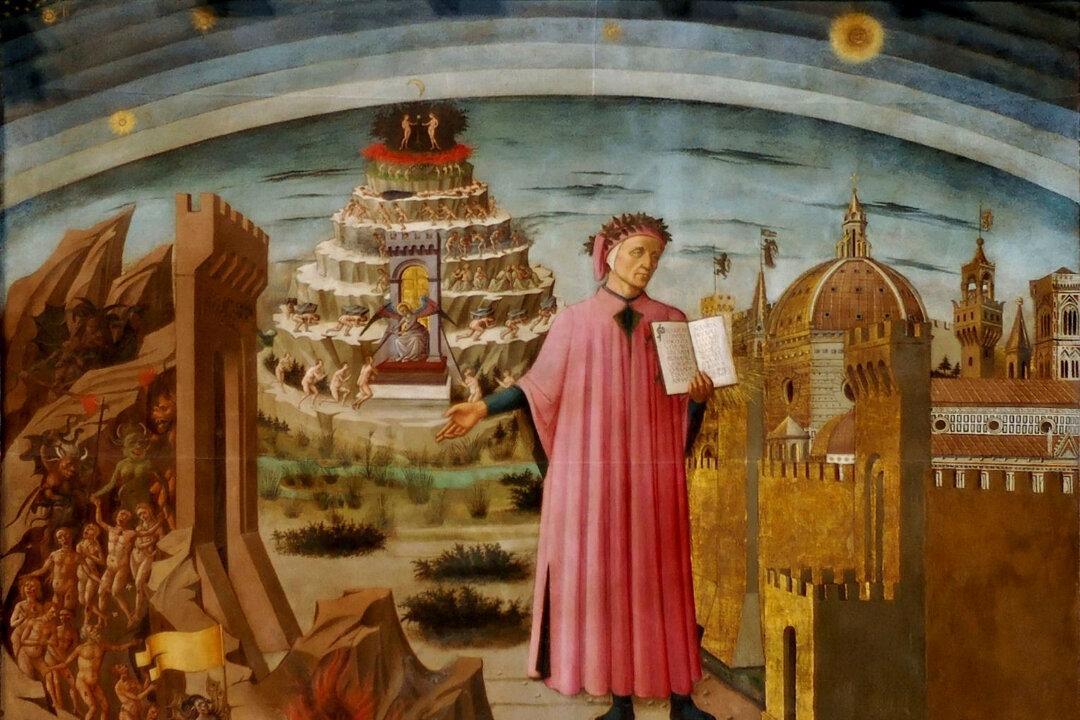In our last article, we saw how the issue of human free will played out in Dante’s Hell. Essentially, Hell is a place where people get what they want, but what they want traps them in their own addictions and compulsions. They are no longer free because they have chosen— freely—to obsess about themselves and their own self-importance and so can no longer see reality for what it really is.
In fact, people in Hell deny reality. They deny responsibility for their own actions, typically blaming others; they deny the possibility of communication with others, typically talking to themselves in self-justificatory circles; and they deny creation, that is to say, their subordination to a higher power.






